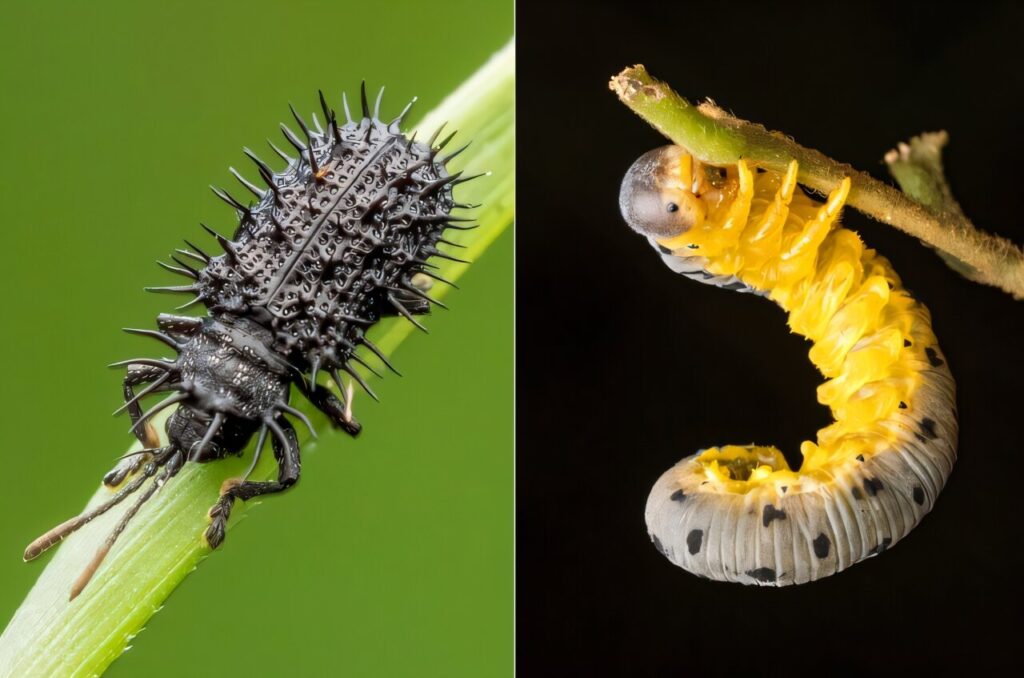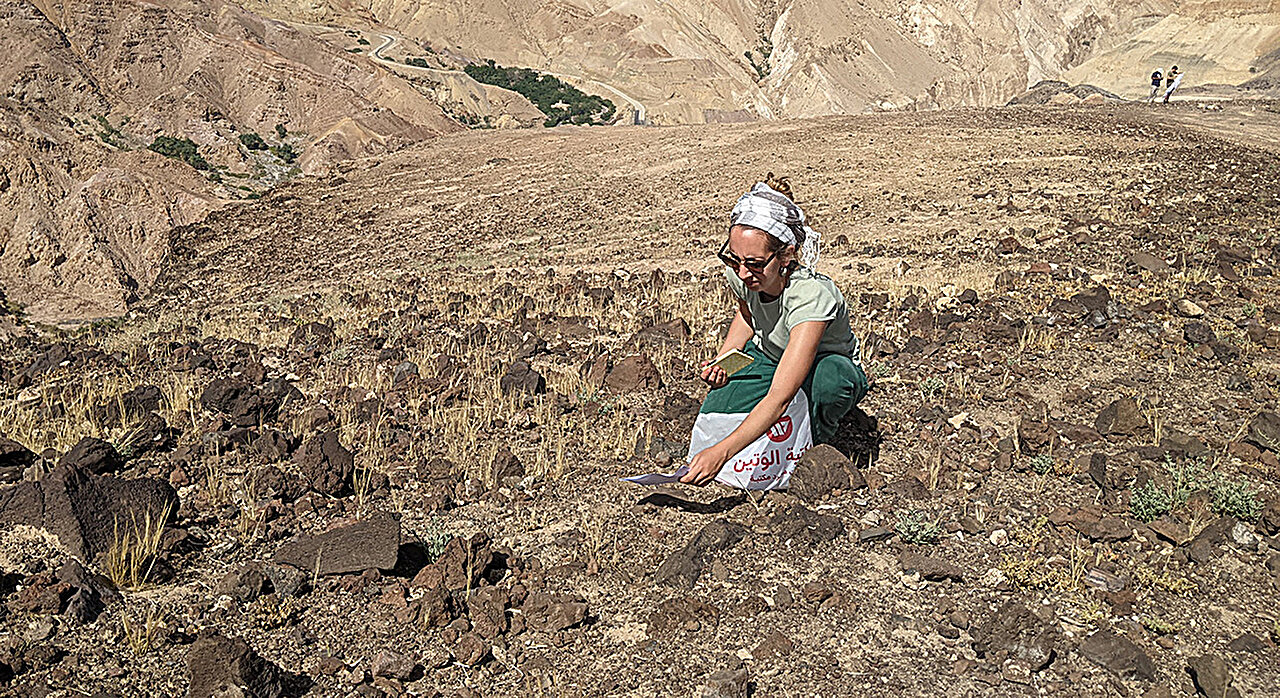
Tropical arthropods, including insects and spiders, are facing significant declines due to intensified El Niño events, a phenomenon exacerbated by climate change. This alarming trend threatens the biodiversity and ecological functions of these crucial species, as revealed in a recent study published in Nature.
Arthropods, despite their diminutive size, play an irreplaceable role in maintaining the health of natural habitats. They serve as vital food sources for birds and other larger animals and are essential for processes such as pollination and decomposition. However, evidence suggests a global decline in arthropod populations, with notable reductions in temperate regions of the Northern Hemisphere. Until now, evidence from tropical regions has been limited.
Uncovering the Evidence
A team of international scientists, including Professors Roger Kitching and Nigel Stork from Griffith University, conducted an extensive analysis of tropical forest arthropods and their ecological roles. This research, which synthesized data from over 80 studies conducted in pristine tropical forest sites, uncovered significant biodiversity losses among various arthropod groups, such as butterflies, beetles, and spiders.
The study found that these biodiversity losses correlated with decreases in the amount of live leaf material consumed by arthropods and instability in the decomposition of dead leaves. Dr. Adam Sharp, the study’s first author from Hong Kong University, emphasized the gravity of these findings.
“To find such large declines over many studies is really bad news. Our results suggest strongly that the immense biodiversity of tropical forest arthropods is immediately threatened,” said Dr. Sharp.
Climate Change and El Niño’s Role
The research team linked these declines to climate change-induced alterations in the El Niño Southern Oscillation (ENSO) cycle. ENSO naturally causes year-to-year climate variations in the tropics, with El Niño phases characterized by hot, dry conditions and La Niña phases by cooler, wetter conditions. Historically, these phases balanced each other, preventing permanent losses in arthropod populations.
However, climate change is intensifying and increasing the frequency of El Niño events, disrupting this balance. Dr. Mike Boyle, the study’s corresponding author, highlighted El Niño as the primary suspect in the observed declines.
“In these tropical forests that haven’t otherwise been physically modified by humans, we can rule out habitat loss, pesticides, pollution, and various other threats. In these places, El Niño seems to be the prime suspect,” said Dr. Boyle.
Implications for Ecosystems and Future Research
The decline of arthropods has profound implications for ecosystems, as these creatures are integral to processes like decomposition and pollination. University of Hong Kong Associate Professor Louise Ashton stressed the need to understand how environmental changes are affecting arthropods and their ecosystem roles.
“Arthropods are essential components of functioning ecosystems, carrying out vital processes including decomposition, herbivory, and pollination,” said Professor Ashton.
Given the significance of these findings, the research team calls for increased monitoring of biodiversity in tropical rainforests. Professor Roger Kitching emphasized the importance of revisiting previous surveys to track changes over time.
The international team continues its research across forest sites in Hong Kong, Mainland China, Australia, and Malaysia, aiming to deepen the understanding of these changes and develop strategies to mitigate their impact.
The study, titled “Stronger El Niños reduce tropical forest arthropod diversity and function,” provides a crucial insight into the ongoing challenges faced by tropical ecosystems. As climate change persists, understanding and addressing its impacts on biodiversity remains a pressing global priority.







